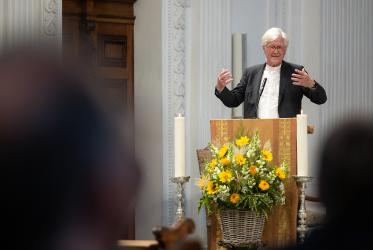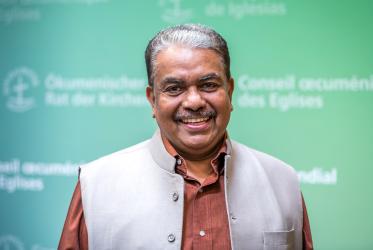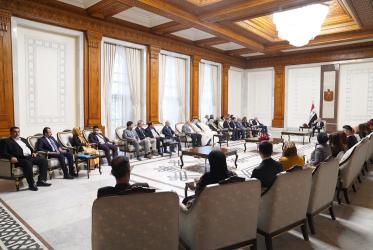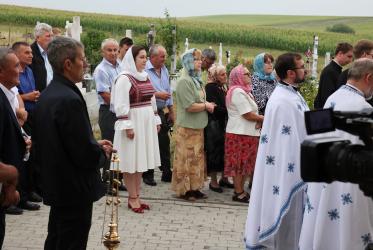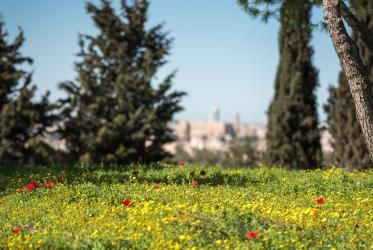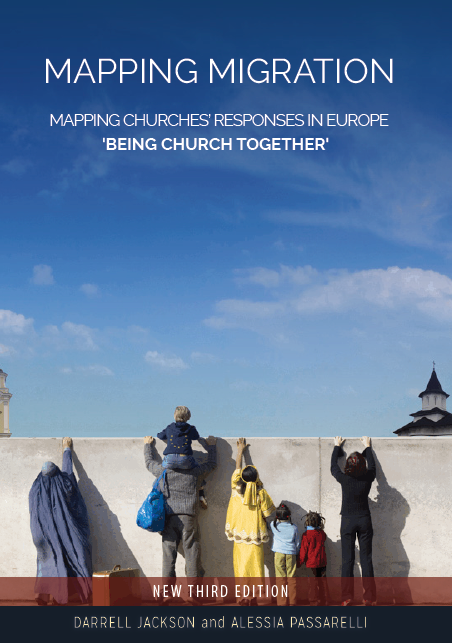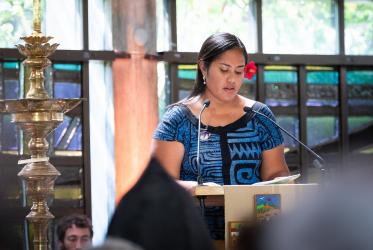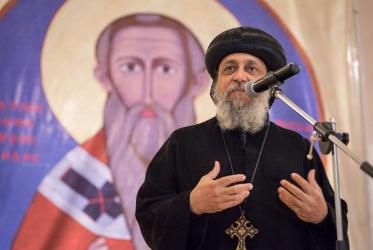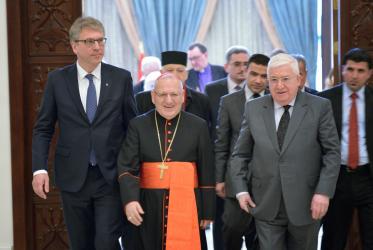Displaying 1 - 20 of 86
10 October 2023
Ecumenical Asia's 15th General Assembly looks to emerging challenges
26 September 2023
Young people play key role during papal visit
22 June 2018
A voice for peace from Down Under
10 July 2017
Carrying the cross without fear
12 April 2017
“When everybody is building walls, the church can build bridges”
30 January 2017
Strong bridges needed more than ever
21 December 2016
Paralyzed by shock
28 November 2016
